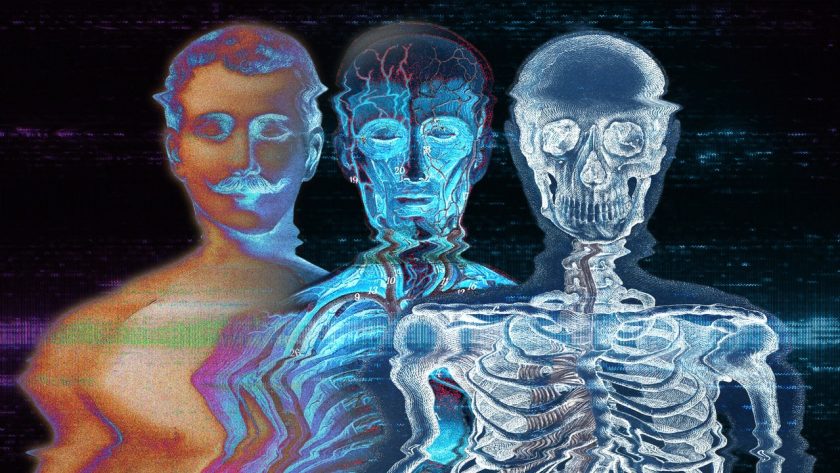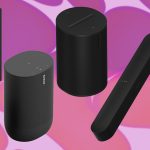Typically, when people say they’re trying to lose weight, what they actually mean is they’re trying change their body composition—they’re trying to be leaner. A lower number on the scale could be an indication that you’re shedding body fat, but it could just as easily mean you’re less hydrated than the last time you weighed yourself, or even that you’ve dropped muscle mass.
When considering your overall health (or trying to look great without a shirt on), body weight alone gives you an incomplete picture. For information beyond weight, a number of newer smart scales like the Withings Body Smart offer detailed metrics and feedback, including things like body fat percentage and metabolic rate. They’re a useful starting point if you want to begin tracking changes.
But for medical grade analysis, the best place to turn is a DEXA scan. This machine uses low-level X-rays to determine a person’s bone density and overall body composition. The procedure itself only takes a couple of minutes: Patients lie on their back, staying completely still while a mechanical arm scans the length of their body. The scan creates a silhouette map of bone, lean tissue, and fat along with a comprehensive breakdown of graphs and numbers showing how their body compares to the average population. Generally, a DEXA scan will cost somewhere in the $100 range. That includes the procedure itself and time with a clinician explaining exactly what everything means.
Historically DEXA scans have been used by bodybuilders anxious to know their overall body fat or anyone concerned about bone density. But more recently the test has been championed by longevity experts like Peter Attia because of the comprehensive feedback the scan gives. In addition to overall body fat percentage and bone density, the test also lets you know an accurate resting BMR—how many calories you burn a day by just existing—and the distribution of fat among your body. A healthcare practitioner can explain what all of that feedback means for your overall wellness. It’s valuable information for anyone obsessed with optimizing their health.
I recently underwent a DEXA scan at Toronto’s Bone Wellness Center. Walking into the appointment, I assumed I had a pretty decent idea of my body composition. A recent evaluation at had given me my numbers using a smart scale with bioelectrical impedance analysis: a bit more muscle than those in my age range, along with a bit more body fat.
But I was surprised—and humbled—to find that the DEXA scan put my body fat percentage a full ten percent higher than the numbers from the retreat. Similarly, my BMR was about ten percent lower than I’d previously thought. While my ego was inclined to believe the more flattering results, scrambling for potential reasons everything could be wrong, in general studies put the error rates between one to two percent. While others have that rate much higher, the DEXA scan is still considered the gold standard in body composistion evaluation.



